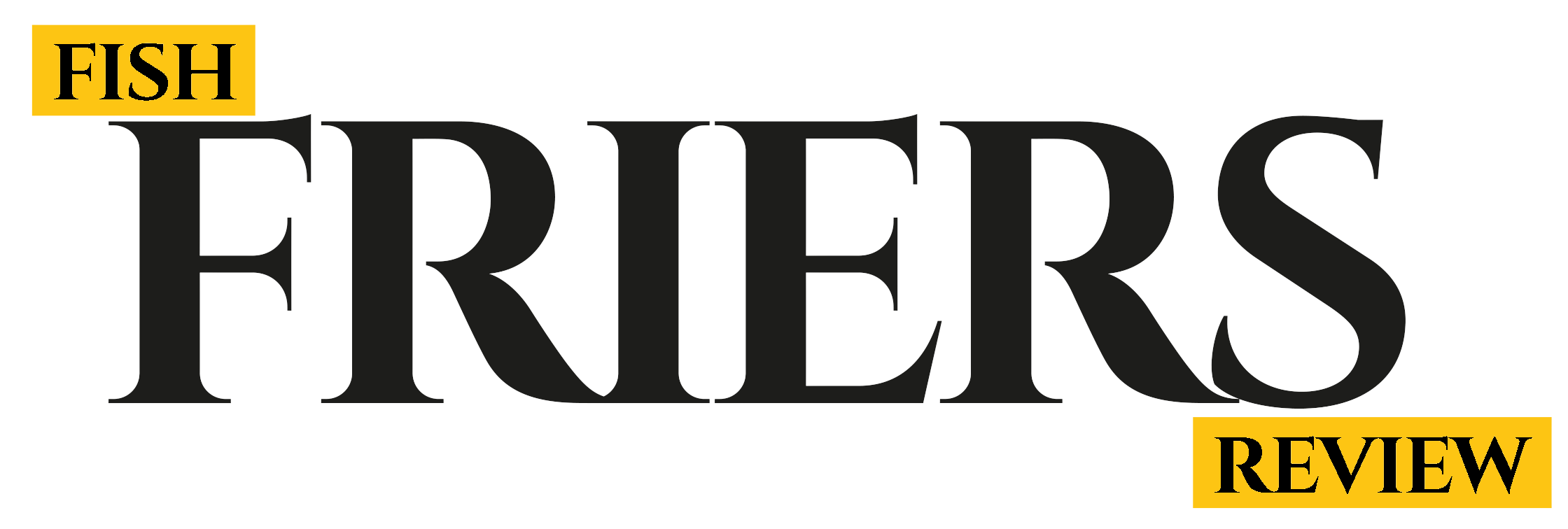Plans to ban some of the most environmentally damaging single-use plastic items in Scotland, including plastic cutlery and plastic straws, have been published for consultation.
The Scottish Government is seeking views on the introduction of new legislation to restrict the sale or commercial supply of plastic plates, plastic straws, plastic cutlery, polystyrene food and drink containers, plastic balloon sticks and products made from oxo-degradable plastics.
These items are the ones most commonly found washed up on European beaches and were identified in the EU Single Plastics Directive as contributing the majority share of litter found in the marine environment.
Millions are used in Scotland each year, including an estimated 300 million plastic straws, 276 million pieces of plastic cutlery, 50 million plastic plates and 66 million polystyrene food containers.
Restrictions on the sale or commercial supply of these single use plastic products would support efforts to tackle Scotland’s throwaway culture, reduce problematic litter and promote the use of more environmentally-friendly alternatives.
Environment Secretary Roseanna Cunningham said:
“There is no longer any doubt that plastic waste is having a hugely damaging impact on our oceans, rivers and land ecosystems. We must act now to reduce our reliance on single-use plastic and drive forward a move towards more sustainable, environmentally-friendly alternatives.
“Failure to do so is a dereliction of our duty to our children, who will inherit a natural world polluted by the plastics we have thrown away for the sake of convenience.
“This government is committed to tackling this problem. We were the first country in the UK to ban plastic-stemmed cotton buds and plans are well underway for a Deposit Return Scheme in Scotland.
“The proposals published today will take us further – keeping pace with the environmental standards of our European partners and re-affirming our position as a world-leader in the circular economy.
“However, in the context of the COVID-19 pandemic, it is important that the introduction of these measures is carefully considered. It is why we are keen to hear a range of views and I would encourage any individual, business or organisation with an interest to respond to the consultation.”
It is expected that any legislation would be introduced in 2021. The consultation will also seek views on the introduction of a ban on the non-commercial supply and manufacture of the single-use plastic items outlined in the consultation.
Iain Gulland, chief executive of Zero Waste Scotland, said: “Plastic is by far the most commonly used material in today’s single-use culture. There are clear benefits in use, of flexibility and durability, but plastic also causes significant damage when it leaks into our natural environment, including our rivers, lochs and seas.
“The consultation offers an opportunity to protect wildlife and prevent the heart-breaking scenes we see all too often in TV documentaries like Blue Planet 2. We hope people will also take this opportunity to adopt more sustainable solutions, such as reusable alternatives, to these single-use items.”
Background
View the consultation on Citizen Space. The consultation will be open for 12 weeks and close on 04 January 2021 .
The full list of products being considered for market restrictions are:
- Single-use plastic cutlery (forks, knives, spoons, chopsticks)
- Single-use plastic plates (plates, trays/platters, bowls)
- Single-use plastic straws
- Single-use plastic beverage stirrers
- Single-use plastic balloon sticks
- Single-use food containers made of expanded polystyrene
- Single-use cups and other beverage containers made of expanded polystyrene, including their covers and lids
- All oxo-degradable products. This type of plastic (due to additives contained in it) contributes to micro-plastic pollution in the environment, is not compostable and negatively affects the recycling of conventional plastic.
Restricting these items would bring Scotland in line with Article 5 of the EU Single-Use Plastics Directive (EU) 2019/904.

